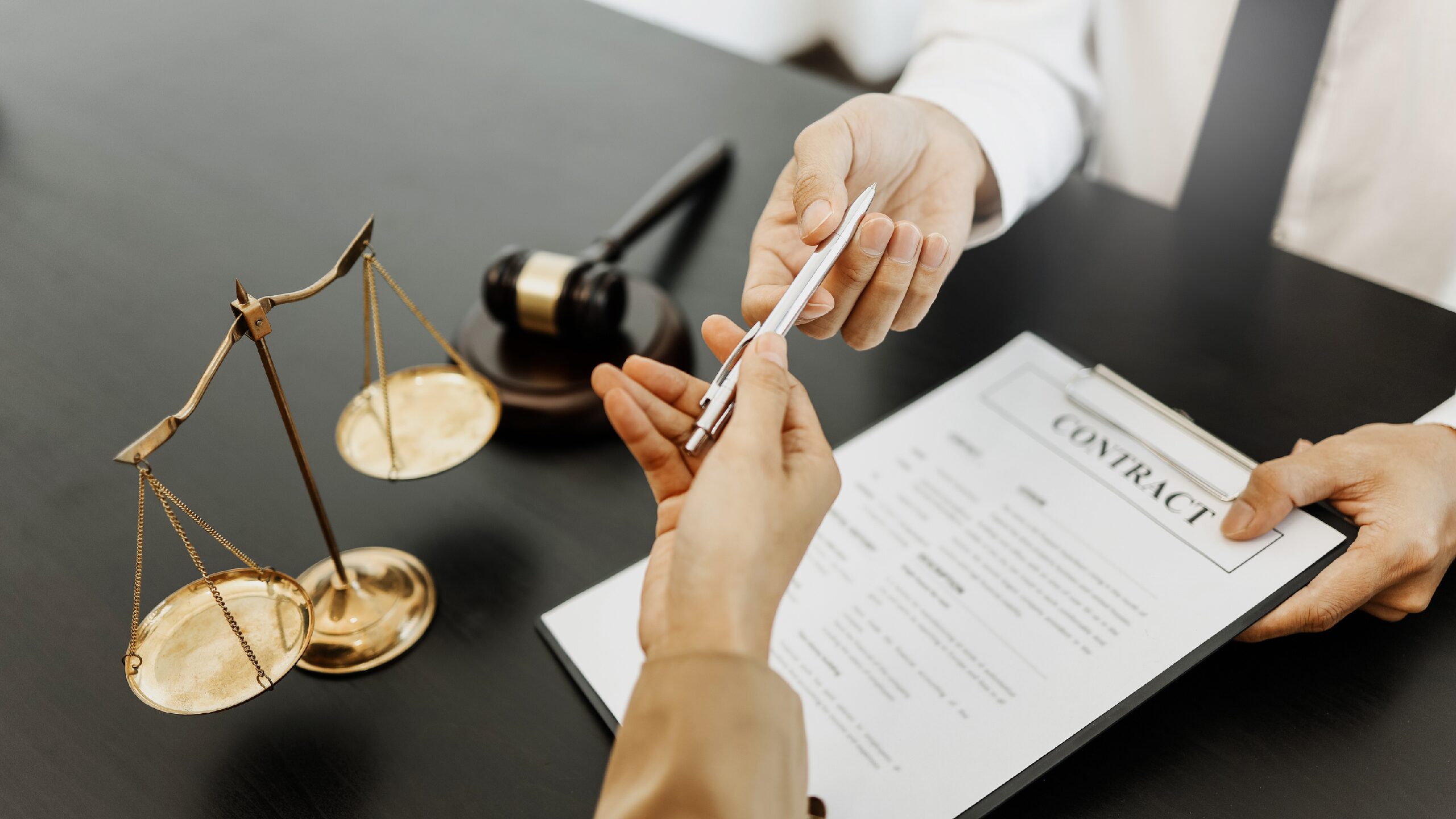How to defer your tax bill: Code it Out!
If you have yet to file your 2022-23 Self-Assessment Tax Return, you still have time to take advantage of an option for deferring your 31st January tax liability. Last year, over 5.7 million taxpayers left filing their return to the last available month, and if they were employed under PAYE, also missed out on the option to collect the liability over 12 months from April 2023 to March 2024. This “coding out” option allows for your tax underpayment to be collected over the following tax year through deductions to your employee’s payslip.
What is coding out?
Whilst most taxpayers who complete a Self-Assessment Tax Return make a balancing payment in January and two payments on account in July and January for their tax liabilities, taxpayers who are also “within PAYE” can apply for their liability to be collected via, an automatic payment through their PAYE deductions, commonly referred to as “coding out”. A key benefit of collecting your tax liability via PAYE is that the automatic payment ensures no missed payments and, therefore, no penalties. Moreover, HMRC will not charge any interest.
Coding out is only an option if:
- The tax underpayment is less than £3,000
- The taxpayer is already within PAYE
- Coding out the full underpayment will not cause the 50% regulatory limit to be reached. (the regulatory limit is up to 50% of your PAYE income can only be deducted as tax to avoid hardship)
- You submit your paper tax return by 31 October, or your online tax return online by 30 December.
In order to ‘code out’ your liability, a claim must be evident via your self-assessment tax return. This must be filed by 30th December 2023 for it to be applicable for this tax year.
Should you not meet the above conditions, HMRC will request payment of your full tax underpayment for the 2022/23 tax year via the self-assessment system on the 31st of January 2024. This can potentially also attract interest and surcharge penalties if you are unable to make the full payment by this date, and 28th February respectively.
If you do not meet the conditions above for coding out and you are unable to make the full payment, you can contact HMRC and set up the ‘Time to Pay’ payment plan. It’s important you agree on any payment plan before the due date of the 31st of January 2024.
*You will not be able to set up a payment plan if HMRC does not think you will keep up with the repayments. If HMRC cannot agree on a payment plan with you, they’ll ask you to pay the amount you owe in full.
Reducing Payments on Account
If you are self-employed, and receive no income under the PAYE system, “coding out” your 31st January tax liability is not an option. However, you can consider claiming to “reduce your payments on account” towards next year’s liability (these are the advance payments that are due each January and July).
This option may benefit landlords who will be paying tax on income earned in 2022-23 but have since seen a sharp rise in their borrowing costs for the 2023-24 tax year. Equally, self-employed taxpayers who operate from premises may have seen their taxable profits reduce due to the increased costs on their utility bills this year. The deadline for making the claim is 31 January 2024 this is the same as the filing date for 2022-23 tax returns).
If you would like to discuss all available options for deferring your tax liabilities, please talk to us if you wish to explore these further.


